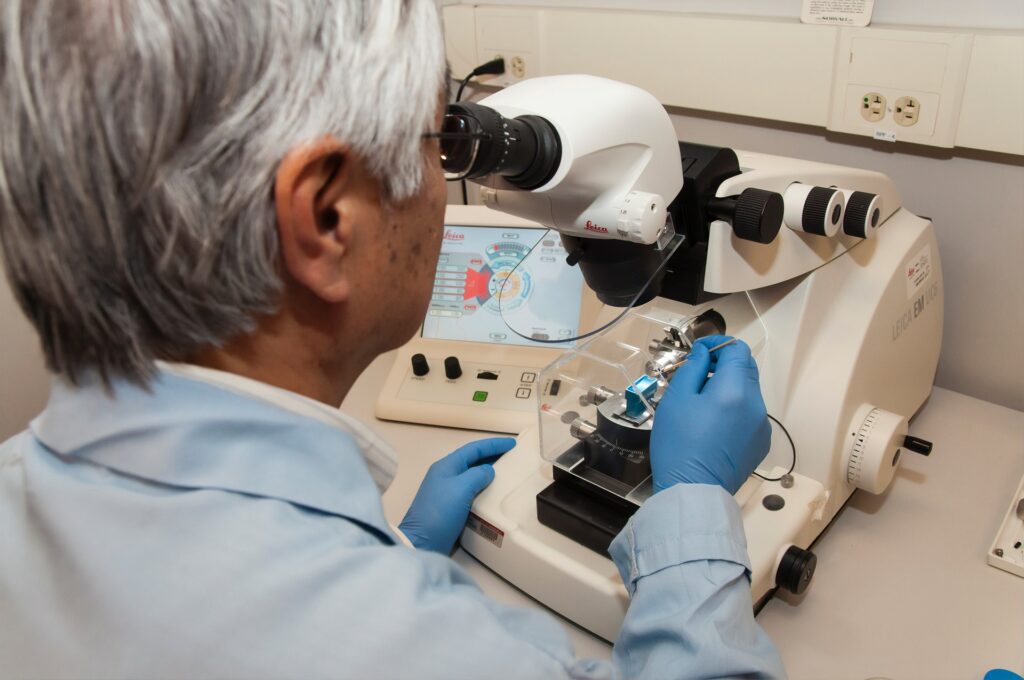Bristol Myers Squibb has signed a license, development, and commercialisation agreement with clinical-stage biopharmaceutical firm Immatics for the latter's TCR Bispecific candidate for solid tumours, IMA401.

The companies will co-develop the IMA401 TCR bispecific candidate. Credit: National Cancer Institute on Unsplash.
Subscribe to our email newsletter
Bristol Myers Squibb has signed a license, development, and commercialisation agreement with clinical-stage biopharmaceutical firm Immatics for the latter’s TCR Bispecific candidate for solid tumours, IMA401.
Under the deal, both the companies will co-develop the drug, while Immatics will retain a co-promotion option for IMA401 in the US.
As per the terms of the agreement, Immatics will receive $150m in an upfront payment, up to $770m in milestone payments along with tiered double-digit royalty payments on net sales of the product.
IMA401 is a half-life extended TCER molecule, an antibody-like ‘off-the-shelf’ biologic that uses the immune system of body by activating T-cells against cancer cells.
It targets a HLA-A02-presented (human leukocyte antigen) peptide obtained from two different cancer-associated proteins which are prevalent in many types of solid tumours, including a type of head and neck cancer, non-small-cell lung cancer as well as bladder, uterine, esophageal and ovarian cancer.
The company stated that the drug has shown anti-tumour activity during preclinical studies.
It also filed a Clinical Trial Application (CTA) with German federal regulatory authority Paul-Ehrlich-Institute (PEI) last month for the development of IMA401.
Immatics plans to begin a clinical trial for IMA401 in the first half of next year and will enrol subjects with various solid tumour types.
Immatics chief development officer Carsten Reinhardt said: “At Immatics, we are committed to our goal of delivering meaningful clinical benefits to cancer patients, and based on the promising preclinical data, we see remarkable potential for our TCER platform.
“We are delighted to extend our existing collaboration with Bristol Myers Squibb to the IMA401 program and view this as an important validation of the therapeutic potential of our TCER approach.
“Bristol Myers Squibb’s global clinical development and commercialization capabilities in oncology make them the ideal partner for the further development of IMA401.”
In 2019, the company collaborated with Bristol-Myers Squibb’s subsidiary Celgene for the development of new adoptive cell therapies.
 Advertise With UsAdvertise on our extensive network of industry websites and newsletters.
Advertise With UsAdvertise on our extensive network of industry websites and newsletters.
 Get the PBR newsletterSign up to our free email to get all the latest PBR
news.
Get the PBR newsletterSign up to our free email to get all the latest PBR
news.

